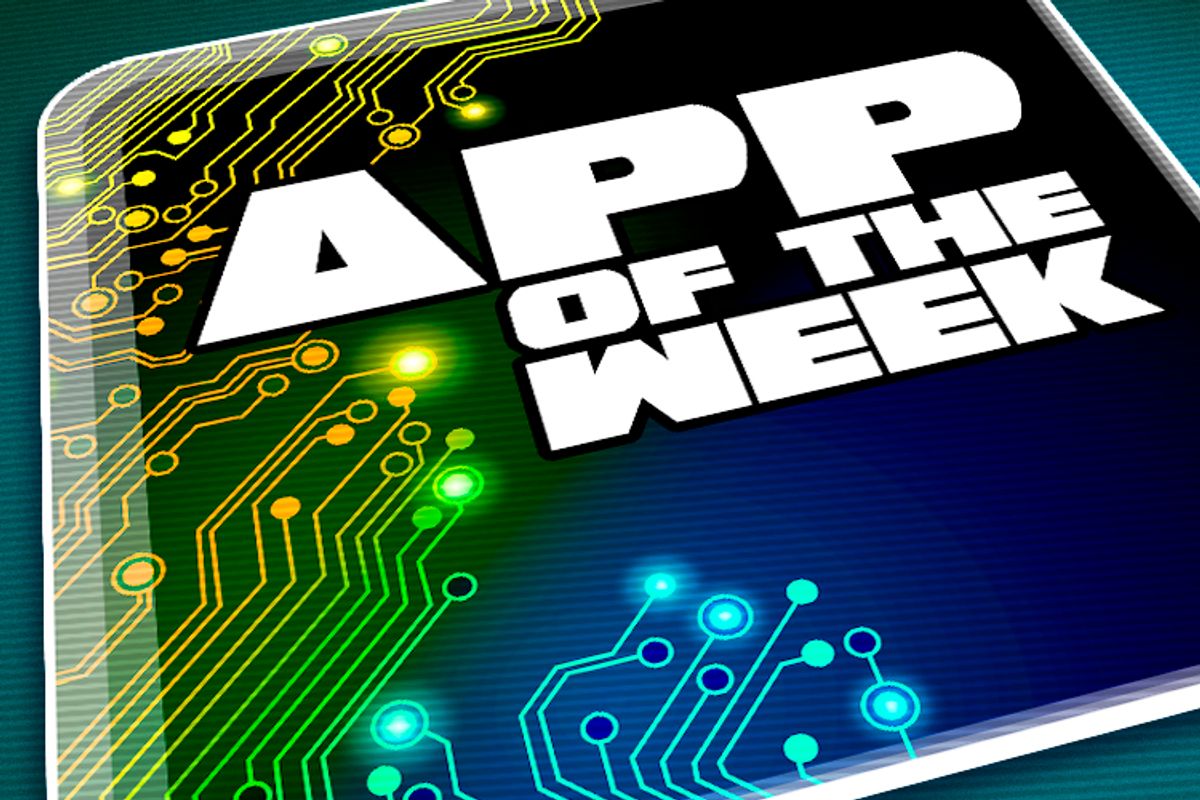I have two brands of peanut oil in my larder. (As an inveterate cooker of scallion pancakes I go through tons of the stuff.) One brand is Planters, a division of the Nabisco food conglomerate. The other is Hollywood, from the Hain Celestial Group.
By using the handy-dandy barcode reader in Buycott, I learned today that Nabisco had donated $1,950,500 to the effort to defeat California's GMO labeling initiative. I had joined Buycott's "Demand GMO Labeling" campaign, so Buycott informed me that Planters Peanut Oil was a product to avoid. But there was no such conflict with Hollywood Peanut Oil.
Note: Buycott did not tell me whether either of these brands of peanut oil actually contained GMOs. As far as I can tell, Buycott's GMO-related recommendations are solely based on whether the parent corporation contributed financially to the (successful) effort to sink the California initiative. But that's still useful information to me. While I am not opposed to genetically modified organisms in my food on principle, I definitely support more comprehensive labeling. And I have long waited for technology that would help me make more informed purchasing decisions.
Seven years ago, I wrote a wistful piece for Salon, dreaming about the possibility of a hand-held device I could use that would deliver comprehensive information about whatever product I might want to buy.
I mean everything. Not just all of its ingredients and every possible kind of health-related danger its consumption might pose. I also want a breakdown of the transnational production system that produced it, down to which semiconductor came from which province of which country. I want to know how much of it was produced in an environmentally sustainable manner. I want to know the wages and benefits and union status of the workers who built it or the farm laborers who picked it. I want the full scoop.
The iPhone made its debut a little more than a year later, opening the door for all kinds of science fiction applications. It was really only a matter of time before smart developers came up with something like Buycott. The app doesn't get us all the way to my promised land, but it's a huge step forward.
To use Buycott, you first have to set the criteria for determining what companies you want to support or avoid. You do this by picking from dozens of "campaigns" preloaded into the app. For starters, I chose the "Demand GMO Labeling," "Avoid Koch Enterprises," "Support Bicycle Friendly Businesses" and "Justice for Bangladesh" campaigns.
Wandering through my kitchen, I discovered that Cheez-Its (Kellog), Thomas' Original English Muffins (George Weston Bakeries) and Heinz Tomato Ketchup (Heinz) had all contributed significant amounts to kill California's GMO labeling push. Sigh. But Peet's Coffee and Sierra Nevada Pale Ale got a clean bill of health. Extra Bonus: Sierra Nevada is apparently a "bicycle friendly business." Score!
I couldn't find anything in my house with a barcode connecting a product to the family tree of Koch Enterprises. Yay for me! My clothes don't have barcodes on them, so I was unable to run them through the Justice for Bangladesh filter, but next time I go shopping I plan to do so. According to Buycott, Calvin Klein and Tommy Hilfiger can be supported, while American Eagle, Wrangler, Macy's and the North Face should be avoided. Again: very useful!
Buycott is an example of a class of apps that we can be certain are only going to improve. It's a powerful demonstration of how we can use new technology to cut through the marketing campaigns and political power of corporate interests. It's an app that should be on everyone's phone, until an even better, more comprehensive version comes along.
Available for both iOS and Android.



Shares